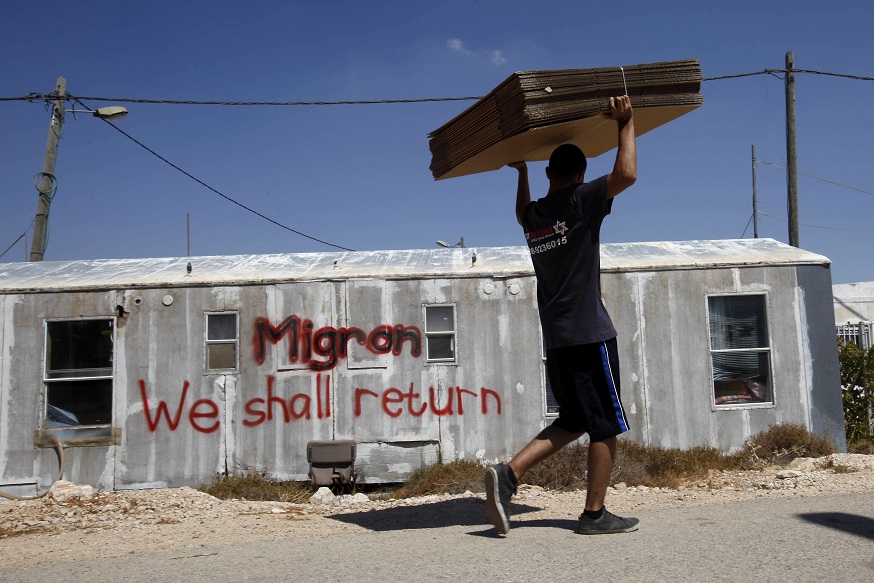CAIRO: While world leaders pledged billions of dollars for the reconstruction of Gaza, many remain skeptical about the feasibility of funneling the money to the war-torn strip amid the present blockade and a divided Palestinian authority.
“We need Palestinian unity first. I don’t see any progress taking place without unity on both sides, said Suzanne Mubarak in an interview with CNN’s John Defterios to be aired on Friday March 6 at 0915 GMT.
Mubarak admits that it is a “critical juncture for leading Palestinian rivals Fatah and Hamas to achieve reconciliation, but believes that an agreement between both is “the only option.
She also highlighted the importance of opening up the borders between Egypt and Israel: “You can’t rebuild Gaza if you have a blockade. How are you going to get all the material for rebuilding? she asked. Although the Rafah border was temporarily opened to allow humanitarian aid during the December-January attack on Gaza, Egypt was widely criticized, both regionally and internationally, for its position during the onslaught.
During the 22-day attack, Egypt tightened border traffic and occasionally cracked down on pro-Gaza demonstrations.
“I think we had so much criticism at home regardless of what Egypt was doing. But now I think people have come to realize that the role of Egypt from day one was a positive role and Egypt was on the right path and continues to be a stronghold in the area, said Mubarak, defending Egypt’s decisions during the attacks on Gaza.
However, Mubarak sympathized with activists and protestors that felt the urge to lend a hand to Palestinians in Gaza but couldn’t.
“It’s not fair. When you see every day on your television, screams, Gaza being bombed, children being killed, women being widowed, I don’t think you can have any sympathy for any government. All you see is just bodies and corpses scattered all over the place. Speaking about the war crimes that Israel has been repeatedly accused of committing during the attack, Mubarak doubted that the international community will follow-up with the charges.
“I don’t know if the international community will have the courage to come up and say ‘yes’ Israel you were wrong. ‘Yes’ these were war crimes. ‘Yes’ you used weapons you shouldn’t have used. ‘Yes’ this was un-proportional use of force, she said.
During the interview, Mubarak also spoke about her initiatives to involve the international business community in fighting the increasing levels of human trafficking, especially among women and children, contributing to $38 billion in annual profits for companies who employ trafficked labor.
“We should start working from the top, working with the business community who has the resources, the expertise and the technical capabilities of helping us to do something about this scourge of human trafficking, explained Mubarak, pointing out that the reason why only 1 in 800 people involved in trafficking is prosecuted is because it is an “underground activity.
“We need still to amend our laws, we need to draft new anti-trafficking laws, she said.


